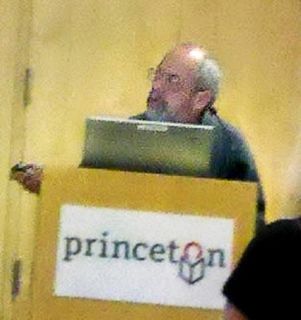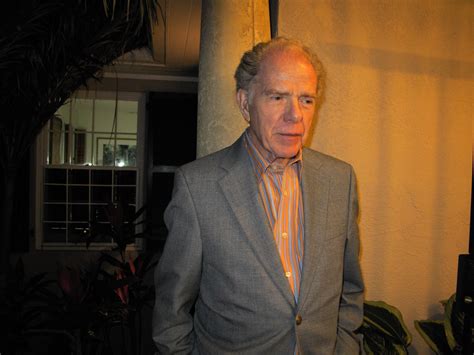A Quote by Wendy Kaminer
Tolerance is thin gruel compared to the rapture of absolute truths. It's not surprising that religious people are often better protected by atheists and agnostics than each other.
Related Quotes
One odd thing about the current debate between religious people and atheists is that the participants don't seem to care that they entirely fail to communicate with the other side. They therefore have no account of why the religious or the atheists believe what they do, except that they are stupid or deluded. I think philosophers should try and make sense of their disputes with their opponents as far as possible without treating them as idiots. This applies to the religious participants in the debate as much as to the atheists.
Whether we are Christians or Muslims or nationalists or agnostics or atheists, we must first learn to forget our differences. If we have differences, let us differ in the closet; when we come out in front, let us not have anything to argue about until we get finished arguing with the man. If the late President Kennedy could get together with Khrushchev and exchange some wheat, we certainly have more in common with each other than Kennedy and Khrushchev had with each other.
A growing body of social science research reveals that atheists, and non-religious people in general, are far from the unsavory beings many assume them to be. On basic questions of morality and human decency - issues such as governmental use of torture, the death penalty, punitive hitting of children, racism, sexism, homophobia, anti-Semitism, environmental degradation or human rights - the irreligious tend to be more ethical than their religious peers, particularly compared with those who describe themselves as very religious.
Everyone tries to create a world he can live in, and what he can't use he often can't see. But the real world is already created, and if your fabrication doesn't correspond, then even if you feel noble and insist on there being something better than what people call reality, that better something needn't try to exceed what, in its actuality, since we know it so little, may be very surprising. If a happy state of things, surprising; if miserable or tragic, no worse than what we invent.



































